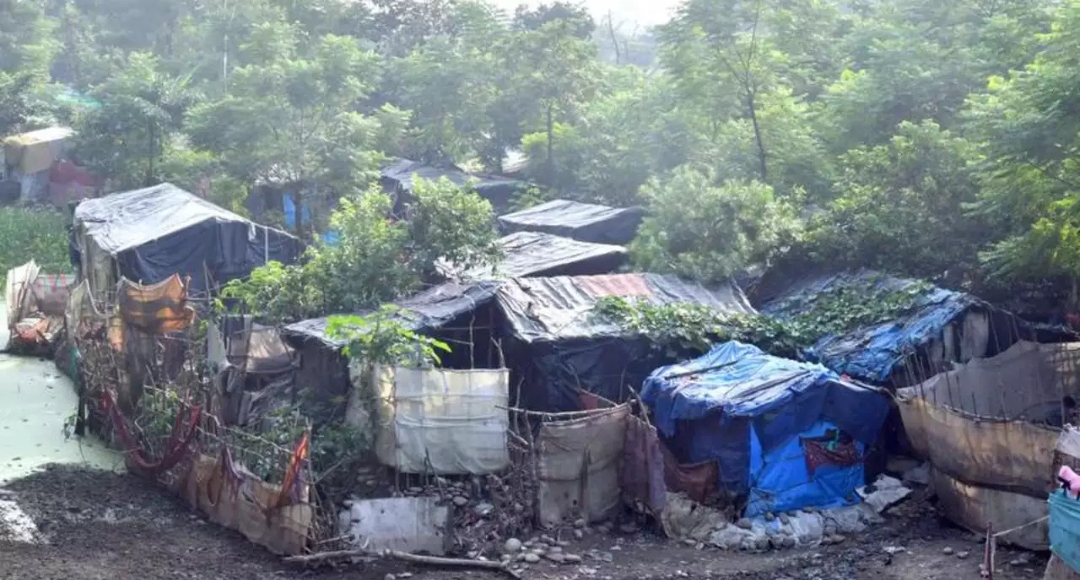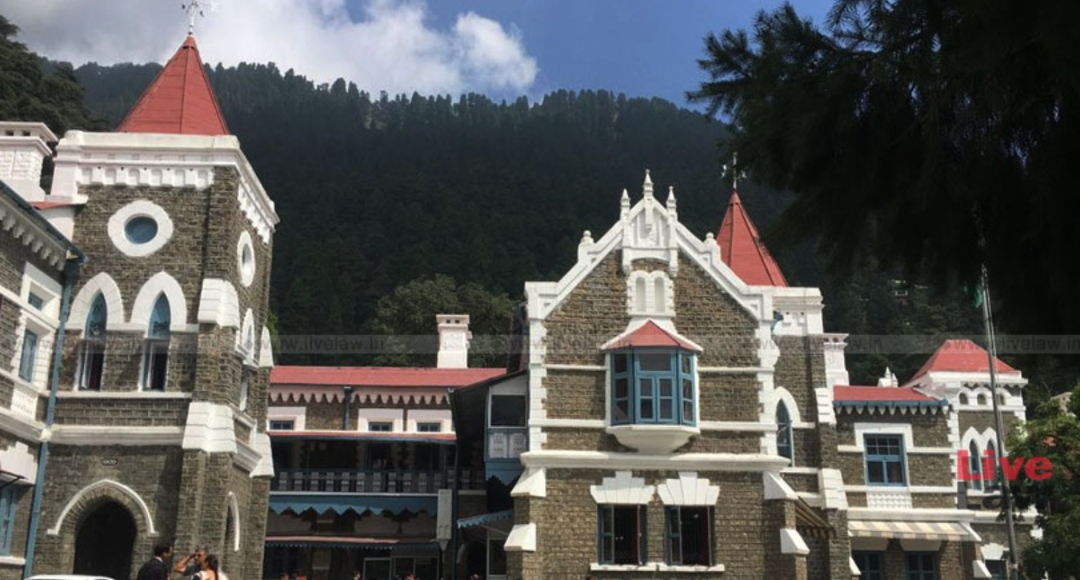For many slum dwellers in the Vikas Nagar area of Dehradun, the fear became real when demolition notices suddenly appeared at their doorsteps. These notices threatened to wipe out the only shelter they’d ever known. But in a much-needed ray of hope, the Uttarakhand High Court has stepped in and stayed the demolition, offering relief to those who were never given a chance to be heard.
A Voice for the Voiceless
The matter reached the Uttarakhand High Court through a Public Interest Litigation (PIL) filed on behalf of the affected residents. The petitioners, who belong to various villages in the Vikas Nagar area, argued that they are lawful citizens of this country with documents to support their claims of ownership.

Most of the people who received the notices are daily-wage earners, laborers, and marginalized families with limited education and awareness. The notices, served on April 5, stated that their homes were illegally built on water bodies, seasonal streams, and drains. But residents say this couldn’t be further from the truth.
No Chance to Speak, No Chance to Defend
The most heartbreaking part of the situation was that the residents were never allowed to explain or prove their innocence. The division bench of Chief Justice G Narendar and Justice Ashish Naithani strongly criticized this, saying the notices violated the basic principles of natural justice. “Even the poorest among us deserve to be heard,” the bench observed during the urgent hearing held on Saturday.
Satellite Images Tell a Different Story
In a powerful counter to the claims made by the authorities, the petitioners submitted satellite images of the region. These images showed that many of the homes marked for demolition were not located on or even near any water body or stream. This raised serious questions about the fairness and accuracy of the notices.
A Battle Between Law and Humanity
While it is important to protect public land and the environment, it is equally crucial to remember that every home holds stories, memories, and lives. Bulldozers cannot be allowed to destroy homes without due process. The Uttarakhand High Court decision reminds us that justice must be accessible to all, not just to those who can afford legal representation or understand the system.
What Lies Ahead for the Residents

For now, the families in Vikas Nagar can breathe a little easier. Their homes are safe, at least temporarily. But the battle is far from over. The case will continue in the Uttarakhand High Court, and the final decision will not only shape the lives of the petitioners but also set a precedent for thousands in similar situations across the country.
Disclaimer: This article is based on current public information available at the time of writing. It does not intend to favor or oppose any individual or authority. All efforts have been made to present the information fairly and accurately. The situation may evolve as the legal case proceeds.
Also Read:
Delayed But Not Denied: Supreme Court Revives Claims Under Limitation Law






